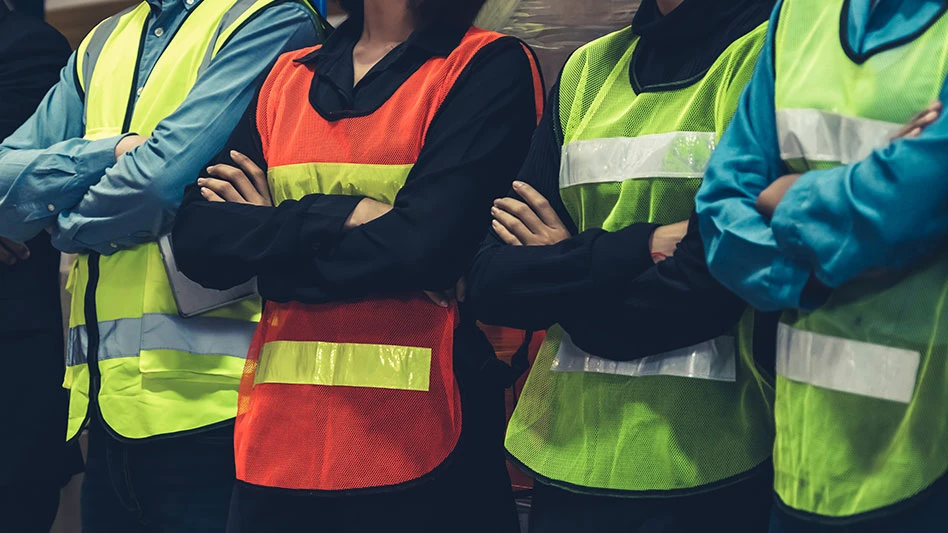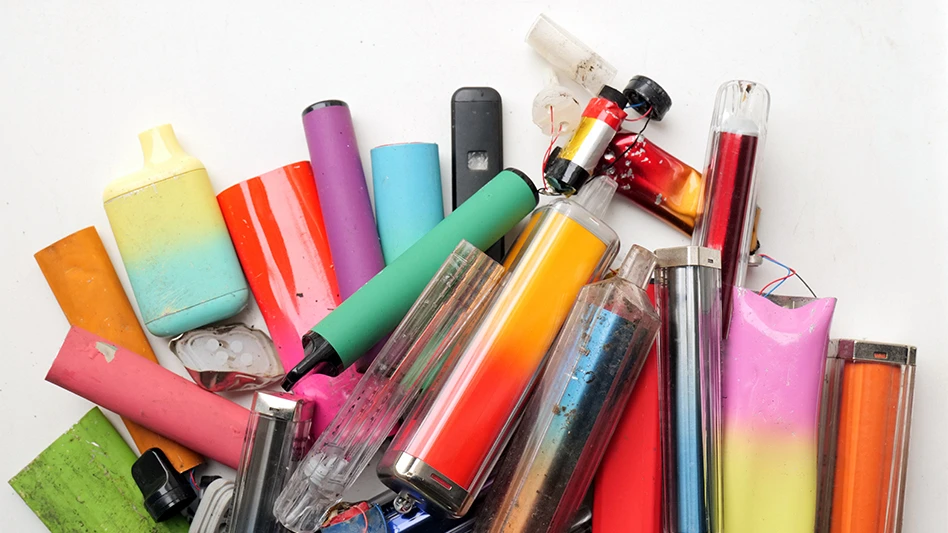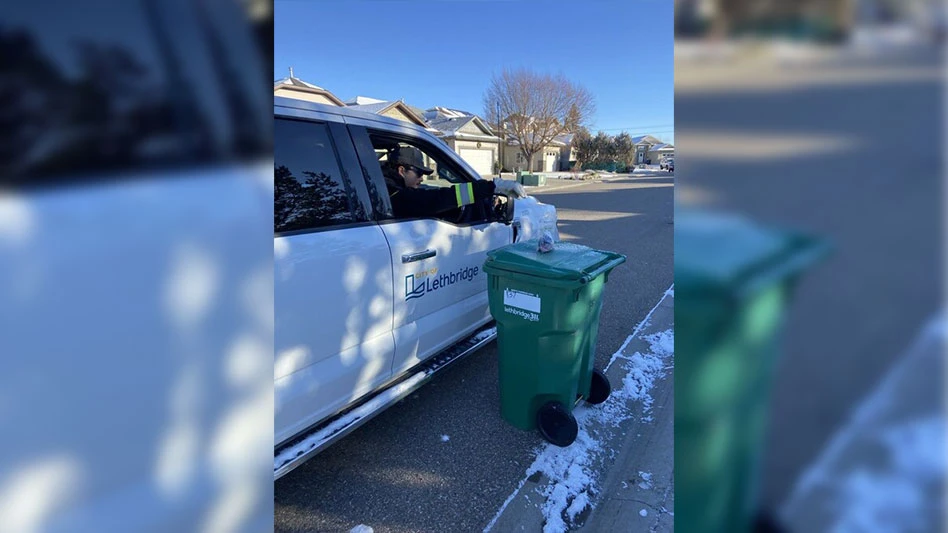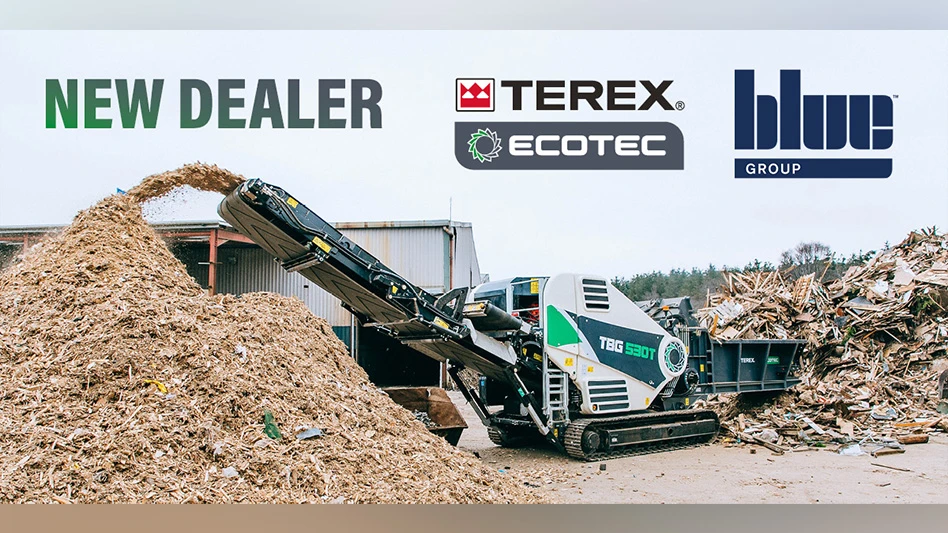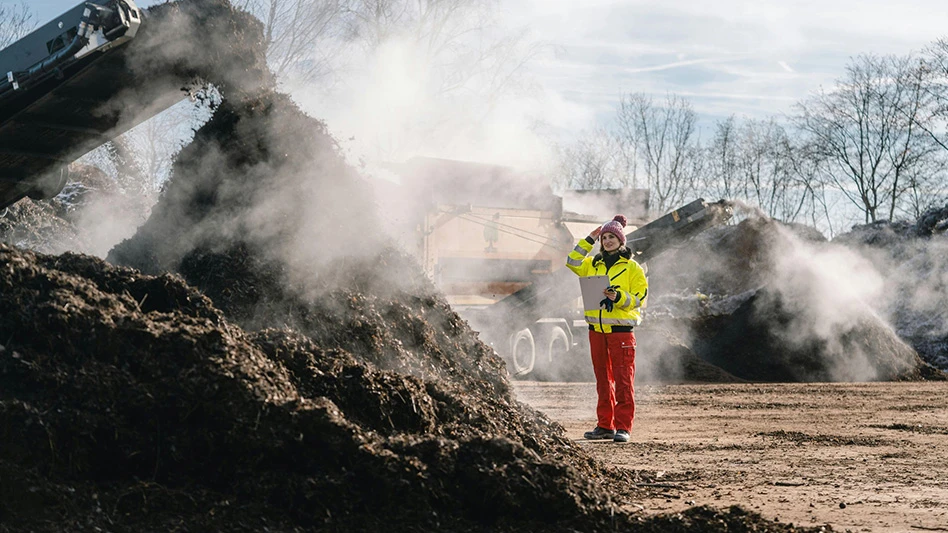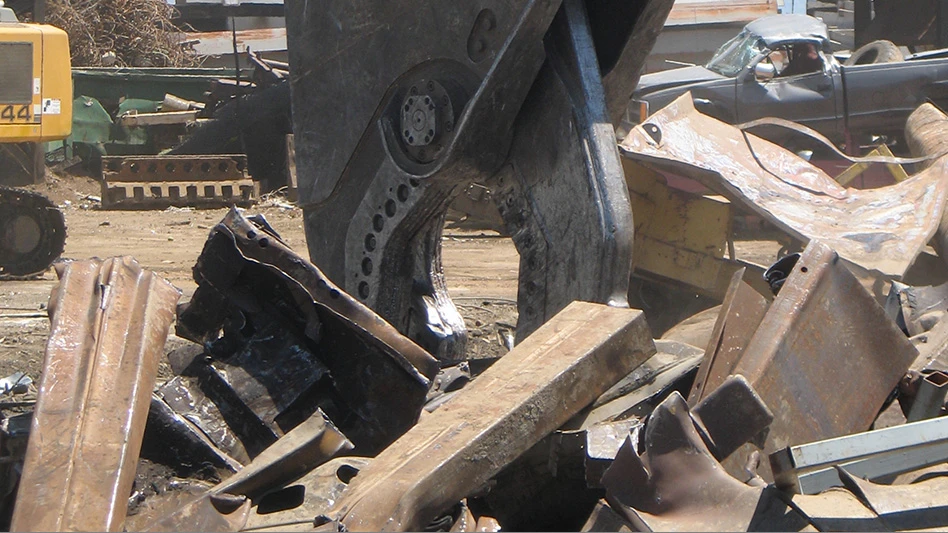Veolia UK, headquartered in London, has introduced a new technology that it claims will transform nonrecyclable paper and cardboard from household waste at Southwark's Integrated Waste Management facility into a pulp called Pro-Fibre. The material can then be used in a range of products such as insulation and construction materials.
Veolia says, according to the latest available data, the U.K recycles about 815 million metric tons of recovered fiber, about 70 percent of the paper generated in the country.
However, many different types of paper are rejected from recycling facilities because they have been contaminated with glass, sand, plastic, metal, food or grease. The contaminated paper has traditionally been sent to landfill or energy recovery facilities.
However, with its new system, Veolia UK says it will be able to recycle the material. To accomplish this, Veolia is investing £1 million ($1.565 million) into the new technology at its facility in Sheffield, England, which will be able to treat up to 20,000 metric tons per year and produce up to 14,000 metric tons of Pro-Fibre. The process includes identifying and capturing the nonrecyclable fiber fragments, pulping, cleaning, screening and a mechanical pressing stage.
The Pro-Fibre process includes five steps that Veolia UK has developed that will enable the company to remove contaminants and create a pulp that can replace virgin materials currently used in the construction and packaging industry, including insulation materials and biodegradable pots.
To assist with the project, Veolia UK says it is working with a specialist partner from the paper industry. The partner will analyze the properties of the Pro-Fibre so the companies can determine the product’s commercial potential.
The first batch of pulp is expected to be produced in early 2015, the company says.
Veolia says the Pro-Fibre product can be manufactured either wet or dry and is suitable for businesses looking for a cost effective and sustainable feedstock. It can be used as a raw material in manufacturing industries to create a wide range of products such as:
- cellulose-based insulation;
- packaging products; and
- construction materials.
Forbes McDougall, head of circular economy at Veolia, says, “This new technique allows fibers that would normally not be recycled now to be turned into a new product with a wide range of uses. Not only will this benefit the circular economy, but it will also help Veolia increase recycling rates across the U.K. We’re open to new applications and welcome ideas from manufacturers who would identify Pro-Fibre as a feedstock alternative.”
Latest from Recycling Today
- Phoenix Technologies closes Ohio rPET facility
- EPA selects 2 governments in Pennsylvania to receive recycling, waste grants
- NWRA Florida Chapter announces 2025 Legislative Champion Awards
- Goldman Sachs Research: Copper prices to decline in 2026
- Tomra opens London RVM showroom
- Ball Corp. makes European investment
- Harbor Logistics adds business development executive
- Emerald Packaging replaces more than 1M pounds of virgin plastic
